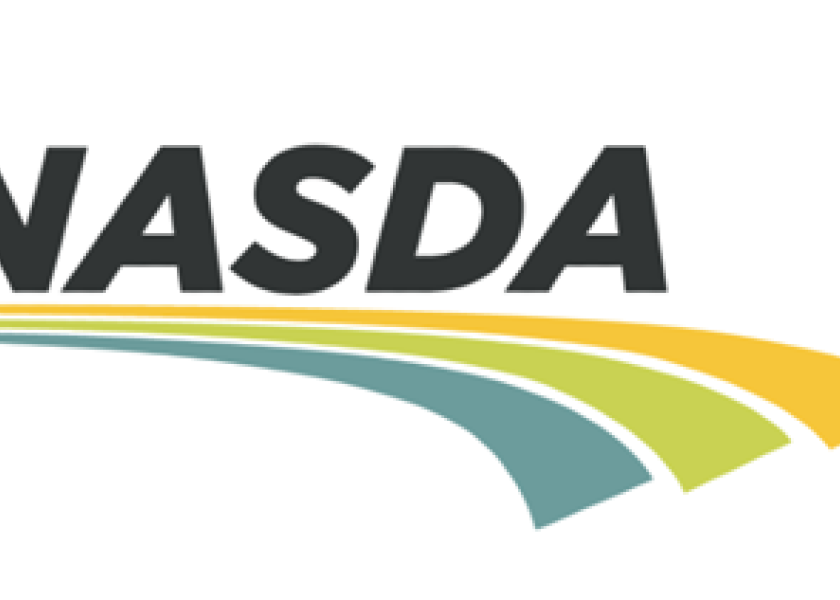National Association of State Departments of Agriculture Sets its Federal Policy Focus for 2024

NASDA members, the state commissioners, secretaries and directors of agriculture, have chosen five issues to serve as the organization’s primary policy focus for 2024. They include the 2024 Farm Bill, food safety, labor reform, pesticide regulation and PFAS.
NASDA CEO Ted McKinney remarked on the gravity of these issues for 2024.
“These issues were chosen for the organization’s 2024 focus as NASDA members see urgent need for action in these areas to support farmers and ranchers in their ability to grow our nation’s food, fiber and fuel. Further, we believe these are the areas where state departments of agriculture are uniquely positioned to champion policy solutions this year,” McKinney said.
NASDA has published one-pagers offering background and insight for each policy priority.
NASDA implores Congress to expedite passage of a unified farm bill that secures a commitment to American agriculture, notably its farmers and ranchers, and the critical food and nutritional assistance programs for those who need it most.
State departments of agriculture are the frontline in protecting consumers against foodborne illness and food contamination. NASDA will continue to advocate for funding state Food Safety Modernization Act programs to protect our food supply and ensure farmers across the country are equipped with the information needed to apply Food Safety Modernization Act requirements on their farms.
Farmers and ranchers need a legal, reliable guest worker program that provides a workforce that supports farms and ranches and treats workers respectfully. Reforming the H-2A program would provide farmers and ranchers with a legal and reliable workforce while curbing rising food prices and maintaining our global competitiveness.
In 43 states and Puerto Rico, the state department of agriculture is a co-regulatory partner with EPA and is responsible for administering, implementing and enforcing the production, labeling, distribution, sale, use and disposal of pesticides under the Federal Insecticide, Fungicide, and Rodenticide Act which establishes a rigorous, scientific evaluation and review process for these tools. EPA has stated that the agency faces several challenges in developing timely and effective strategies that protect listed endangered species in a way that is both practical for pesticide users to implement and timely to protect species. NASDA, as always, stands ready to work with EPA on developing an Endangered Species Act compliance strategy that growers can support and comply with while safeguarding endangered species.
Per-and-poly-fluoroalkyl substances (PFAS) are steadily emerging as a major issue to society at large, including farmers and ranchers in the United States. NASDA supports urgently funding additional federal research to answer questions and concerns regarding the presence of PFAS in our society and the degree to which it presents risk. NASDA also supports developing strategies to address the presence of PFAS should it be found on or around farms. Our country must ensure farmers and ranchers keep their agricultural land and animals healthy and productive.
Read more about each of the 2024 policy priorities and all NASDA’s policy work at NASDA.org/policy.
About NASDA
NASDA is a nonpartisan, nonprofit association which represents the elected and appointed commissioners, secretaries and directors of the departments of agriculture in all 50 states and four U.S. territories. NASDA enhances American food and agricultural communities through policy, partnerships and public engagement. To learn more about NASDA, please visit www.nasda.org.







